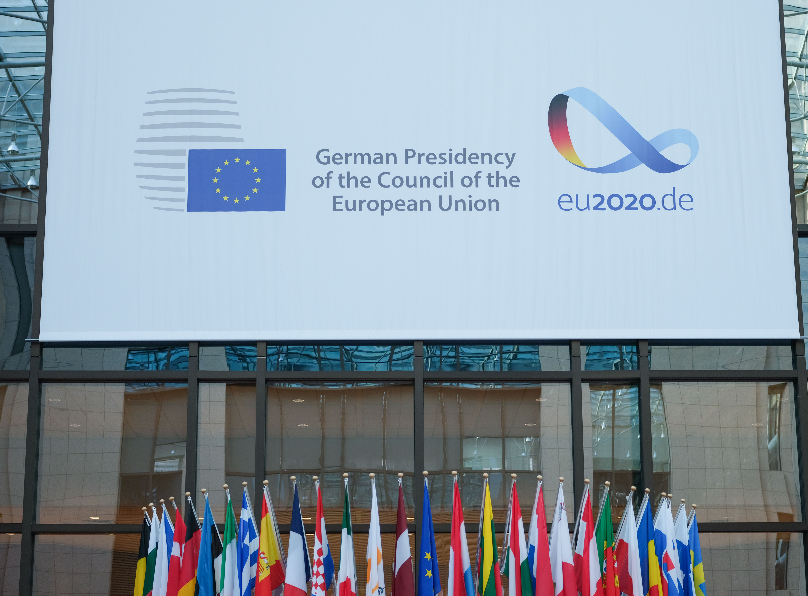BEIJING, Sept. 15 (Xinhua) -- As China and the European Union (EU) celebrate the 45th anniversary of their diplomatic ties this year, the world's two major powers are moving steadily to broaden prospects for future cooperation.
During a video meeting on Monday, Chinese and EU leaders announced the official signing of an agreement on geographical indications (GI), committing to speeding up investment treaty talks to conclude negotiations within this year, and decided to strengthen environmental and digital cooperation.
The meeting injected confidence into the bilateral relationship and opened up new areas for collaboration, experts said.
EMBRACING COOPERATION POTENTIAL
The agreement on GI between China and the EU is China's first comprehensive, high-level bilateral agreement on GIs, and the first major trade agreement between China and the EU in recent years, according to China's Ministry of Foreign Affairs.
The agreement makes it easier for Chinese products to enter the EU market and vice versa, said Cui Hongjian, a senior research fellow with the China Institute of International Studies.
It sets an example for other economies in the world to cooperate in this field, Cui added.
The negotiations of the investment treaty between the two sides, which started the first round in 2013, have attracted much attention.
The progress made so far by the two sides have shown China and the EU's determination to have a rule-based bilateral treaty, said Cui.
He said China and the EU should take a practical approach to resolve differences during the negotiations, as the two sides are at different stages of economic development.
If concluded within this year, the treaty will send a positive message about China and the EU working together during trying times, and give a strong boost to business confidence on both sides, said Ambassador Zhang Ming, head of the Chinese Mission to the EU.
POWERING A DIGITAL FUTURE
As the world is going digital, capturing new opportunities to push economic transformation and building a safer market environment in the new era are common challenges for China and the EU, which entails massive room for cooperation.
At Monday's video meeting, leaders from the two sides decided to establish a so-called China-EU High-Level Digital Cooperation Dialogue and to forge China-EU green and digital partnerships.
In February, the European Commission unveiled its strategy for data and Artificial Intelligence (AI), since the bloc is prepared to lead the next battle of "big data."
As a collection of wide-ranging plans, the strategy includes creating a single European market for data and taking sector-specific actions for industrial manufacturing, "green" deals, mobility, and health.
For China, the leaps and bounds in emerging technologies, including 5G and big data, have spurred rapid growth in the digital economy over the past decades.
In 2019, the country's digital economy hit 35.8 trillion yuan (about 5.25 trillion U.S. dollars), accounting for 36.2 percent of GDP, according to data from the Ministry of Industry and Information Technology.
China's digital trade totaled 203.6 billion U.S. dollars last year, accounting for 26 percent of the country's total trade in services.
"The China-EU High-Level Digital Cooperation Dialogue officially opened cooperation in the area, which is a major growth point for the future economy," noted Cui. Enditem




 A single purchase
A single purchase









